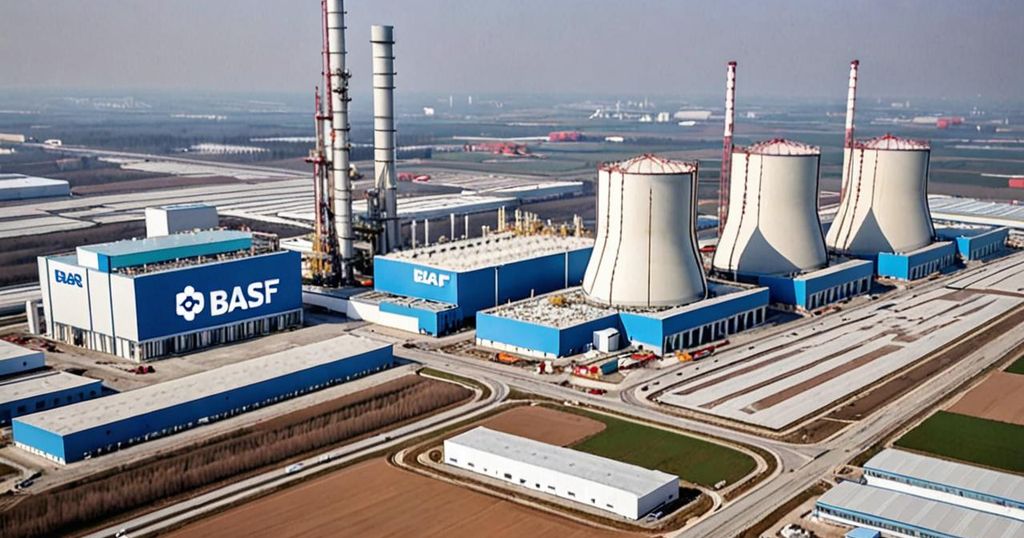The initial reports about the cancellation of the joint investment project between Eramet and BASF in Indonesia have been contradicted by the country’s Investment Minister, Bahlil Lahadalia. According to Lahadalia, the $2.6 billion investment plan to develop a nickel ore processing plant in Weda Bay, North Maluku, has only been postponed due to the current state of the global electric vehicle (EV) market.
Lahadalia stated that the decision to postpone the investment was a result of the declining growth of EV sales in Europe, causing the companies to reevaluate their plans. He emphasized that the investment has not been canceled, but rather put on hold until the market conditions for EVs improve.
The minister attributed the slowing EV market to the highly competitive nature of the global EV market, with the influx of relatively inexpensive Chinese EV exports posing a challenge to European and American car manufacturers. This has led Eramet and BASF to reevaluate their investment decision in light of the current market situation.
In January 2023, the Indonesian government announced that Eramet and BASF were in the final stages of reaching an investment deal to establish a nickel ore processing plant in Indonesia for the production of mixed hydroxide precipitate (MHP), a vital component used in EV batteries. Eramet subsequently confirmed that negotiations were indeed underway for the project, pending a final investment decision.
However, earlier reports suggested that BASF had announced the decision not to proceed with the nickel-cobalt refining project in Weda Bay. This led to speculations about the cancellation of the investment plan. The statements from the coordinating minister’s office and the companies themselves seemed to affirm the cancellation, creating confusion about the status of the project.
The clarification from Minister Lahadalia offers a new perspective on the situation, shedding light on the fact that the investment has been postponed rather than abandoned. It underscores the dynamic nature of business decisions, particularly in the face of rapidly changing market conditions.
As the global push for sustainable energy solutions continues to drive the demand for EVs, the interplay between market dynamics, investment decisions, and government policies will be critical in shaping the future of the EV industry. Keeping a close eye on how companies navigate these challenges will be important in understanding the evolving landscape of EV investments and developments.
The clarification provided by Minister Lahadalia offers an important insight into the complexities of investment decisions in the EV industry and highlights the need for flexibility and adaptability in the face of market fluctuations.
In conclusion, the situation surrounding the Eramet-BASF investment plan in Indonesia serves as a compelling case study of the dynamic nature of business decisions, especially in a rapidly evolving industry like electric vehicles. The postponement of the investment, rather than its cancellation, underscores the pragmatism and adaptability of companies in responding to changing market conditions. It also highlights the interconnectedness of global market dynamics and investment strategies in shaping the future of sustainable energy solutions.

Leave a Reply